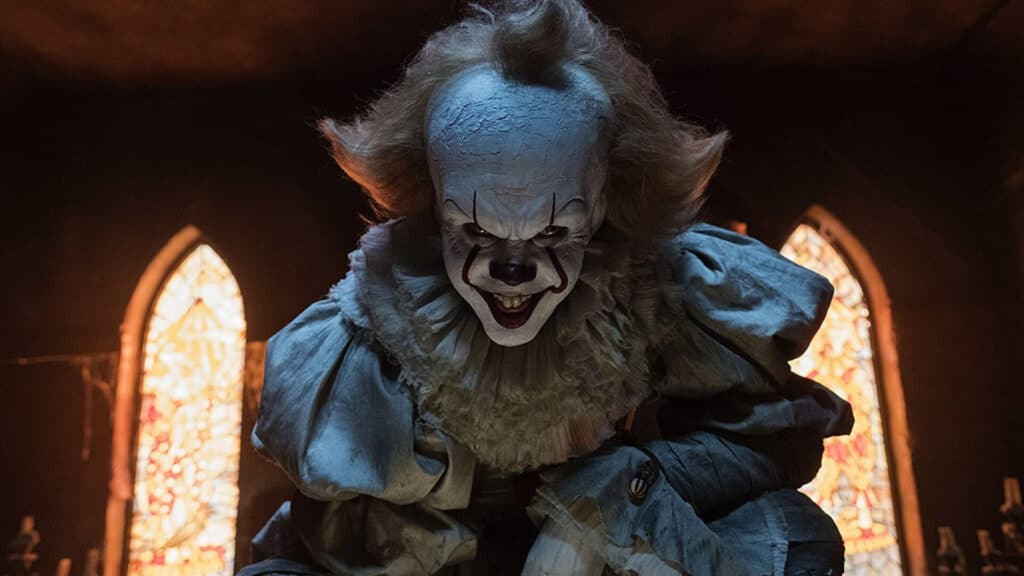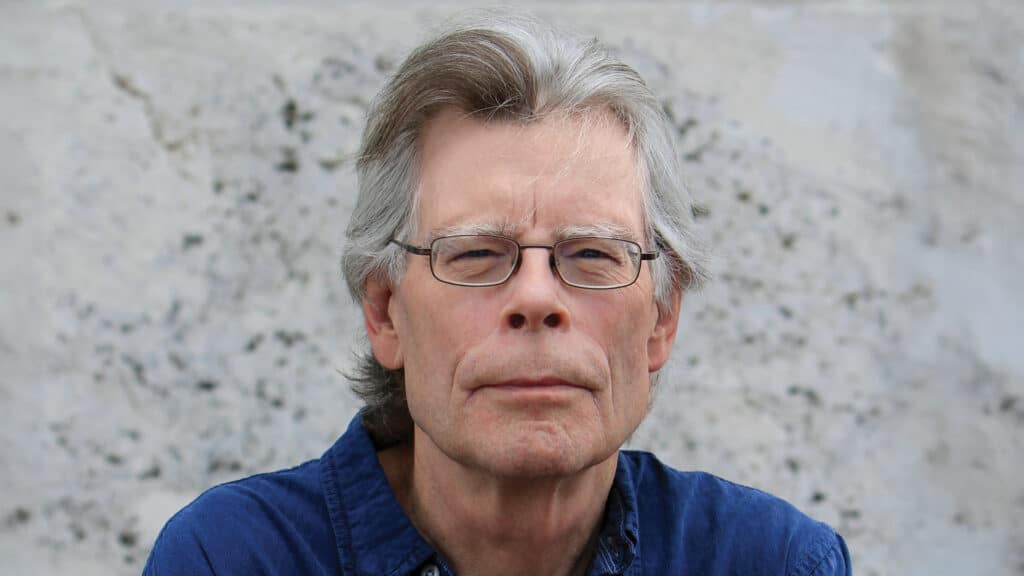From page to scream: Stephen King on Hollywood’s obsession and our need for horror

Times of crisis often fuel an appetite for horror films, Stephen King said in a recent reflection for Literary Hub. The year 2025 has turned into another banner year for his adaptations, with four of his novels and two short stories hitting movie theaters and streaming platforms.
The master of modern horror credits this ongoing success to a mix of clear storytelling vision and a hands-off approach with Hollywood.
Horror thrives in uncertain times
Much of the recent resurgence in King-inspired films can be traced back to the phenomenal success of Andy Muschietti’s adaptation of «It.» Bill Skarsgård’s chilling portrayal of Pennywise the Dancing Clown helped transform the character — first brought to life by Tim Curry in the 1990 ABC miniseries — into a pop culture icon alongside horror legends like Freddy Krueger, Jason Voorhees and Michael Myers.
King believes the genre’s popularity makes perfect sense.
«Horror films have a high success rate, particularly in times of turmoil,» he noted. «Folks like make-believe scares before facing the real-life horror of grocery store prices.»
Why King’s work translates so well to film
Part of King’s cinematic appeal comes from his background. Like many writers of his generation, he grew up absorbing stories through television and film before he could even read. That visual influence shaped his writing style — his scenes unfold like camera shots, vivid and grounded in the real world.

Notably, King’s characters don’t just reach for painkillers; they grab Excedrin or Anacin. They don’t drink a nameless beer; they crack open a Budweiser or a Pabst Blue Ribbon. This brand-specific realism gives directors an immediate sense of place, which has drawn filmmakers as varied as Brian De Palma, Stanley Kubrick, Frank Darabont, Jack Bender, and Mike Flanagan to his work.
The author often advises aspiring writers to picture the full frame of a scene — what’s on the left, what’s on the right.
«If you’re doing your job,» King says, «all the stuff in the middle takes care of itself.»
Equally critical to his adaptability is his willingness to let go. King rarely interferes once a book is optioned for film. He sees novels and movies as two different art forms — «apples and oranges,» as he puts it. He sends his stories off to filmmakers the way a parent sends a child to college: hopeful, watchful and ready to see how they evolve on their own.

